The sea, once it casts its spell, holds one in its net of wonder forever.
Jacques Cousteau, French naval officer and oceanographer
Is marine biology hard? In short, yes. Marine biology can be complex and demanding, and majoring in it comes with various challenges. This doesn't mean it has to be overwhelming, though. With the right approaches, good professors, and a skilled marine biology tutor, you can learn (and even enjoy) marine biology. Here's our guide.

What Exactly Is Marine Biology?
Marine biology is a scientific discipline that studies organisms and ecosystems in marine environments. It involves investigating various aspects of marine life, including their behavior, physiology, distribution, and environmental interactions. Marine biology studies many organisms, such as microscopic bacteria and algae, marine plants, invertebrates like corals and mollusks, and fish, reptiles, birds, and marine mammals.
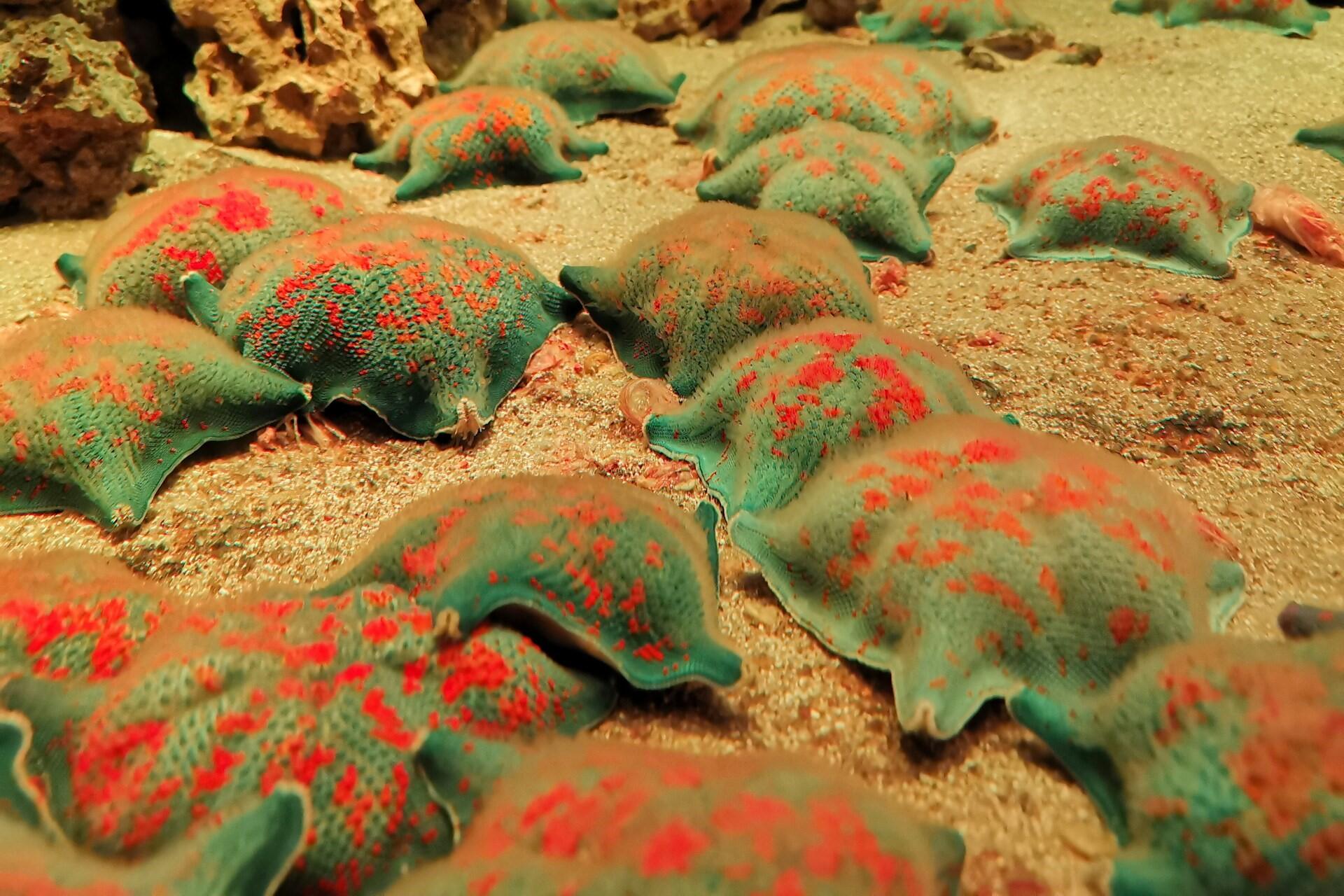
It has been estimated that 80% of life is found under the ocean. As a result, marine biology is a vast field. Marine biology encompasses diverse fields of study, including:
| Field Of Study | Description |
|---|---|
| Biological Oceanography | This field examines the interrelationships between marine organisms and their physical and chemical environment. It explores the effects of temperature, salinity, and nutrient availability on marine life. |
| Marine Ecology | Marine ecologists study the interactions between organisms and their environment within marine ecosystems. They investigate topics such as food webs, population dynamics, and the impact of human activities on marine ecosystems. |
| Fisheries Biology | Fisheries biologists focus on studying fish populations, their behavior, reproduction, and the management of fishery resources. They work to understand and sustainably manage fish stocks for both commercial and conservation purposes. |
| Marine Conservation | This field is concerned with preserving and protecting marine ecosystems and species. Marine conservation biologists study the impact of human activities, such as pollution, overfishing, and habitat destruction, and develop strategies to mitigate these threats. |
| Marine Physiology | Marine physiologists investigate marine organisms' physiological adaptations to their environment's challenges. They study how marine life functions in relation to factors like temperature, pressure, and oxygen availability. |
Marine biology research often involves fieldwork, laboratory experiments, and data analysis. Marine biologist responsibilities include playing crucial roles in understanding and conserving the biodiversity and ecological health of the world's oceans. Marine biologists work in various settings, including universities, research institutions, government agencies, and environmental organizations.
Is Marine Biology Hard?
Marine biology is a complex study area. This involves theoretical knowledge and practical skills, such as data collection, fieldwork, and laboratory techniques. Several aspects can make marine biology challenging:
Marine biology encompasses a vast range of organisms and ecosystems. Understanding the intricacies of different marine species, their behaviors, and their environmental interactions can be complex.
Conducting research in marine environments often involves working in challenging conditions, such as rough weather, remote locations, and sometimes even diving, to collect samples or observe marine life.
Marine biologists use various tools and techniques, including sampling equipment, laboratory instruments, and data analysis software. Mastering these skills requires practice and dedication.
Marine biology is a popular field of study, and job opportunities can be competitive. Obtaining advanced degrees and gaining research experience can be important for career advancement.
Marine biology constantly evolves as new species are discovered and our understanding of existing organisms and ecosystems expands. Staying updated with the latest research and advancements requires ongoing learning and adaptation.
Access to marine environments and their organisms can be restricted, especially in remote or protected areas. This limited access can make gathering data and conducting experiments more challenging.
Marine ecosystems are highly interconnected, and understanding the intricate relationships and interactions between different organisms and their environment can be complex. Factors such as food webs, predator-prey relationships, and symbiotic associations all contribute to the complexity of marine ecosystems.
Nevertheless, this does not mean that you can never master marine biology. While it is a challenging field, it is also a fascinating and rewarding subject. Like any scientific discipline, it requires a solid understanding of biology, ecology, and other related sciences.
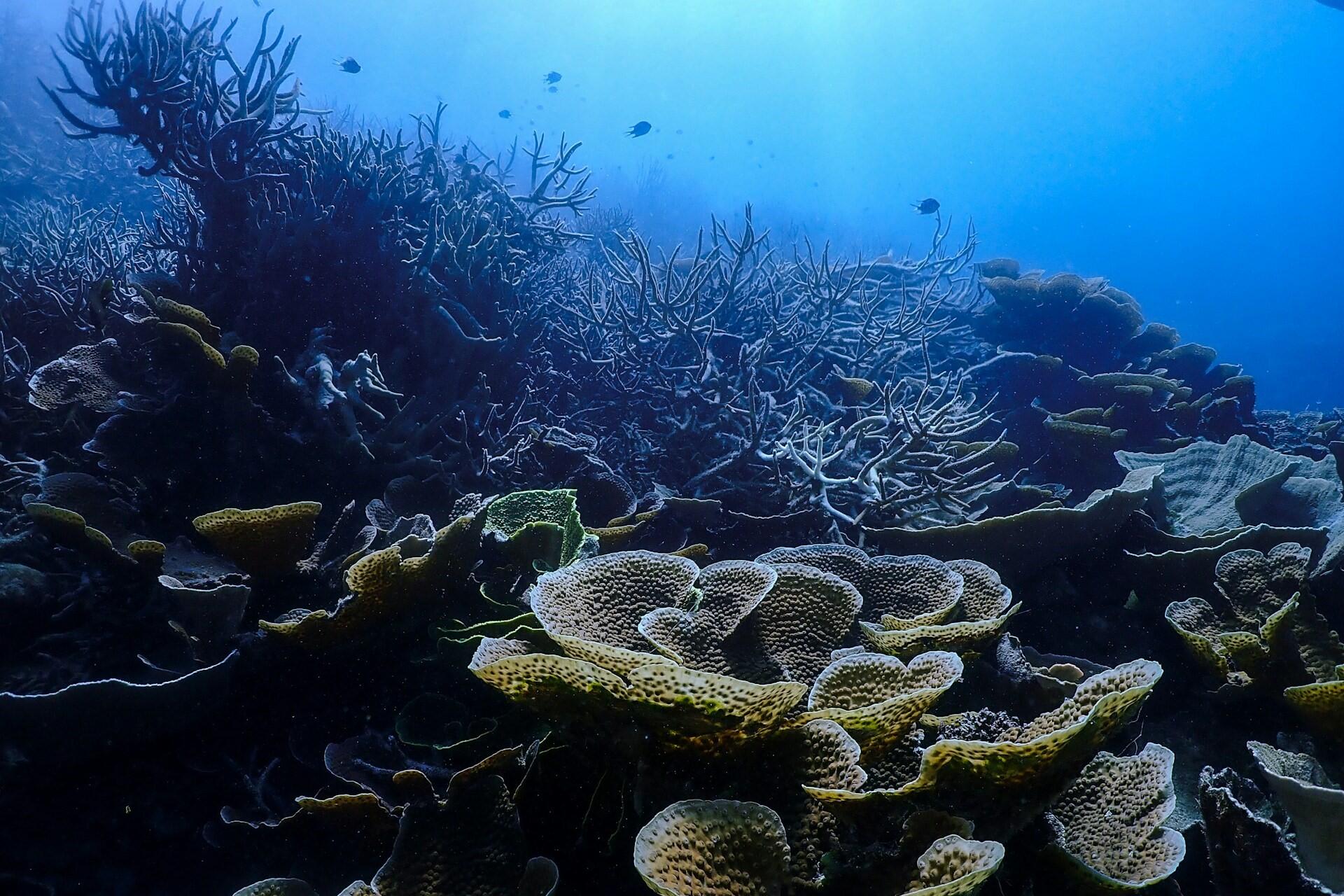
You do not have to worry about learning marine biology, as Superprof stands by you. Our top-tier biology tutors are here to ensure you learn marine biology from scratch to an advanced level. Our professional and experienced bio tutors ensure to teach you marine biology efficiently so that you can pursue vast marine biologist careers.
of marine species remain undiscovered!

How to Learn Marine Biology Easily
Learning marine biology can be daunting, especially if you have to dive straight. Luckily, strategies, resources, and support can help you navigate these uncharted waters. Here are our favorite tips for learning marine biology effectively.
Tip #1
Build a Strong Foundation
Start by familiarizing yourself with basic biological concepts such as cell structure, genetics, and biochemistry. This foundation will provide a framework for understanding microbiology.
Tip #2
Take Courses or Enroll in a Program
Look for courses or programs in microbiology offered by universities, colleges, or online platforms. These can provide structured learning and access to knowledgeable instructors.
Tip #3
Utilize Resources
Use textbooks, online resources, and educational websites dedicated to microbiology. These resources can provide detailed information, illustrations, and practice exercises to enhance your understanding.
Tip #4
Participate in Laboratory Work
Microbiology involves hands-on laboratory work. If possible, participate in laboratory sessions to gain practical skills in handling microorganisms, performing experiments, and analyzing data.
Tip #5
Join Study Groups or Discussion Forums
Collaborate with fellow learners by joining study groups or online discussion forums. This allows you to exchange knowledge, ask questions, and gain different perspectives.
Tip #6
Seek Supplementary Materials
Explore additional resources like scientific journals, research articles, and documentaries related to microbiology. These can provide insight into current research, discoveries, and applications in the field.
Tip #7
Engage in Practical Applications
Apply your knowledge by conducting mini-experiments at home or engaging in citizen science projects. This hands-on experience can reinforce your understanding and foster a deeper connection to the subject.
Tip #8
Seek Mentorship or Guidance
If possible, connect with a mentor or seek guidance from professors, professionals, or experts in the field. They can offer valuable insights, career advice, and further learning opportunities.
Tip #9
Practice Active Learning
Engage in active learning strategies, such as summarizing key concepts, teaching others, creating flashcards, and practicing with sample questions. These techniques can enhance comprehension and retention.
Tip #10
Get a Degree
A college degree in marine biology from reputable Marine biology institutions can provide you with the skills and knowledge necessary to perform various roles in this field.
Marine Biology Books and Resources
Whether you're looking for foundational knowledge in marine biology or are already enrolled on a program, you'll need some good resources. There are so many marine biology books out there, but here are a few for different ages and levels.
A great starter book covering marine ecosystems, organisms, and research techniques.
Excellent for both students and professionals, offering in-depth insights and illustrations.
A beautifully written classic that explores oceanic science through a poetic lens.
Perfect for visual learners and younger audiences or beginners.
For recent studies and field reports, explore open-access publications like Marine Biology, Journal of Sea Research, or Oceanography.
Check out Google Scholar, ResearchGate, or your university’s digital library for free access to marine biology journals and peer-reviewed studies.
Aside from books and journals, there are also plenty of online resources that you can access almost immediately through the web. You can find the latest news on marine biology, marine biology courses you can do at home, or even watch videos on marine biology via YouTube.
Offers real expedition logs, ocean facts, and a massive multimedia library from the U.S. National Oceanic and Atmospheric Administration.
Free video-based lessons on biological systems, including aquatic ecosystems.
Search for university-level marine biology courses from institutions like Duke, UC San Diego, or the University of Queensland.
Channels like SciShow, National Geographic, or Deep Marine Scenes offer digestible explanations and documentary-style content.
For personalized support, you can find experienced marine biology tutors on Superprof.
Master Marine Biology with a Tutor
Hiring a private tutor can significantly enhance the effectiveness of learning microbiology. It can provide personalized instruction tailored to your specific needs and learning style. They can assess your strengths and weaknesses, identify areas that require more attention, and design a customized learning plan. With their expertise in microbiology, a tutor can explain complex concepts clearly and understandably, ensuring that you grasp the fundamental principles.
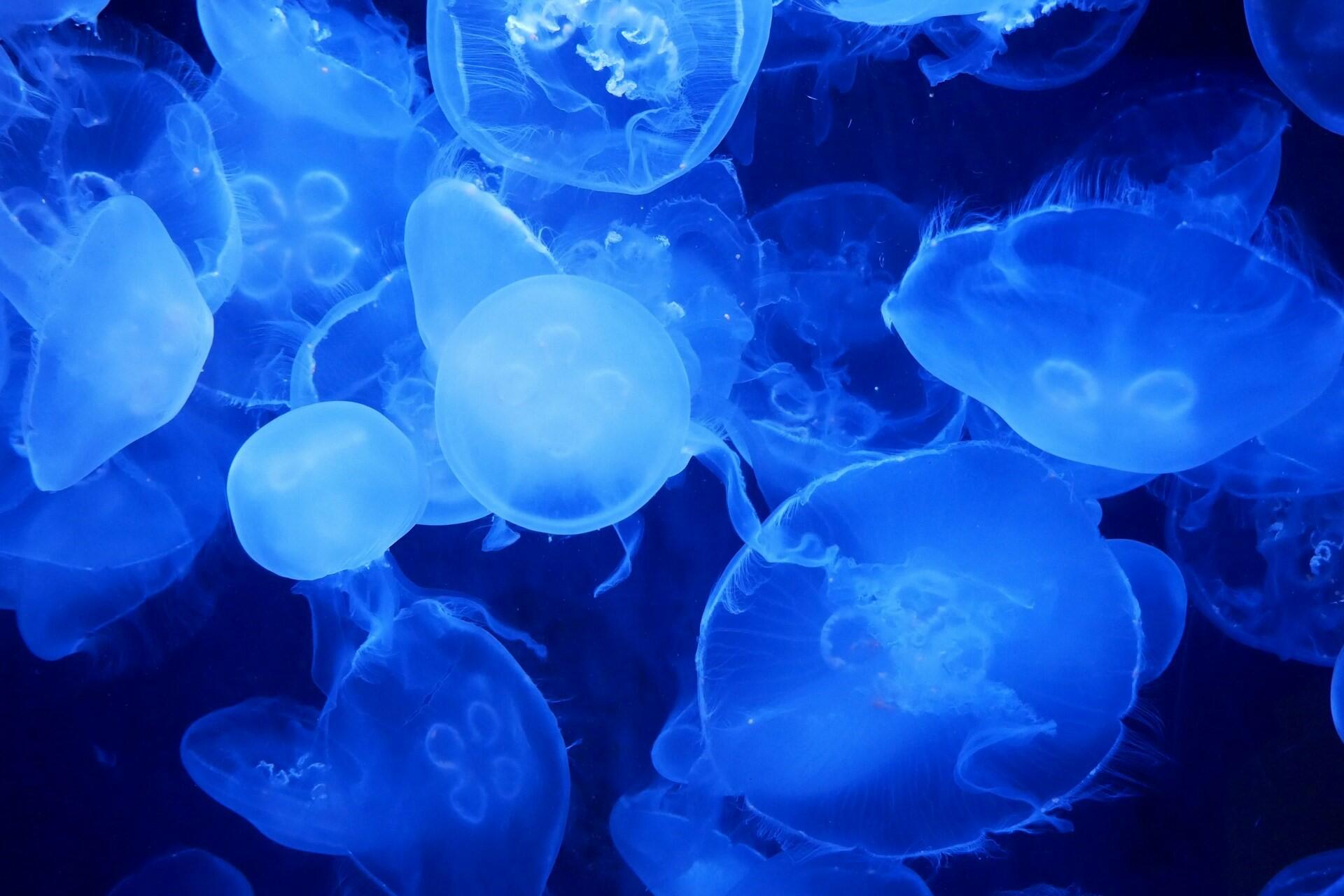
They can also provide additional resources, practice exercises, and real-life examples to reinforce your understanding. A tutor can guide you through laboratory work, helping you develop essential practical skills and techniques.
Biology tutors can offer continuous support, answering questions, clarifying doubts, and providing constructive feedback. One-on-one interaction with a private marine biology tutor fosters an engaging and interactive learning environment where students can ask questions freely and receive immediate guidance.
Hiring a private marine biology tutor can provide you with the focused attention and expert guidance necessary for a comprehensive and practical learning experience. This is especially useful for students in demanding programs at the finest marine biology institutions.
Start with the basics of biology and ecology before jumping into marine-specific material. This builds a strong foundation and makes complex topics easier to understand later.
Hire a Marine Biology Tutor from Superprof
Are you seeking expert guidance in the captivating realm of marine biology? Look no further! Superprof's experienced marine biology tutoring services are here to help you learn about the ecosystem underwater.
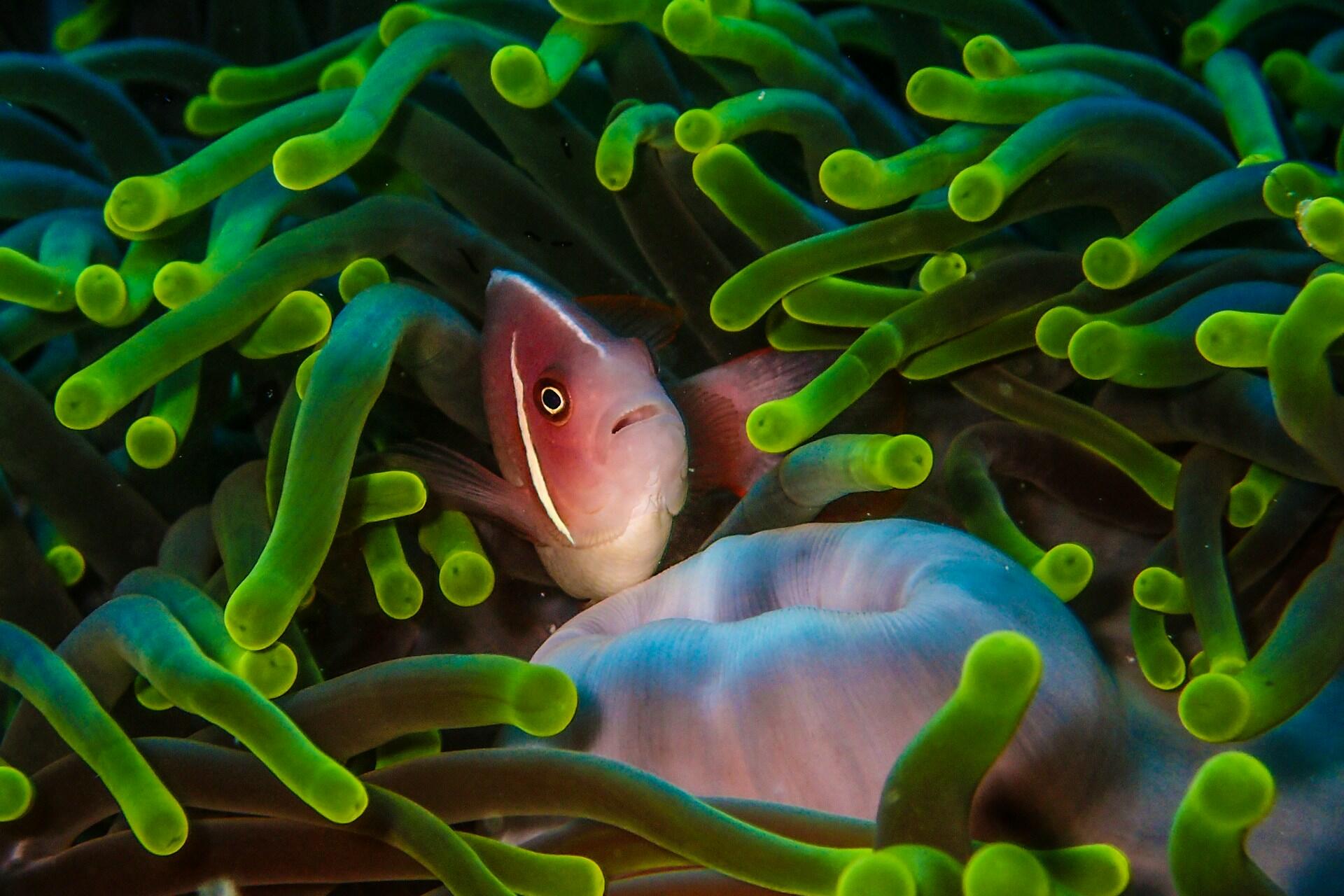
With our dedicated tutors, you will embark on an extraordinary learning journey tailored to your needs. Superprof's experienced biology tutors possess in-depth knowledge of marine biology and are well-versed in the intricacies of aquatic ecosystems. They will patiently guide you through complex concepts, making them accessible and engaging.
Our flexible scheduling options ensure that learning marine biology fits seamlessly into your busy life. Whether you prefer in-person sessions or virtual meetings, our microbiology tutors for college students or anyone else will accommodate your preferences, bringing the ocean's wonders directly to you.
Contact us today to embark on an exciting educational journey that will connect you to the awe-inspiring wonders of the ocean.
Summarize with AI:

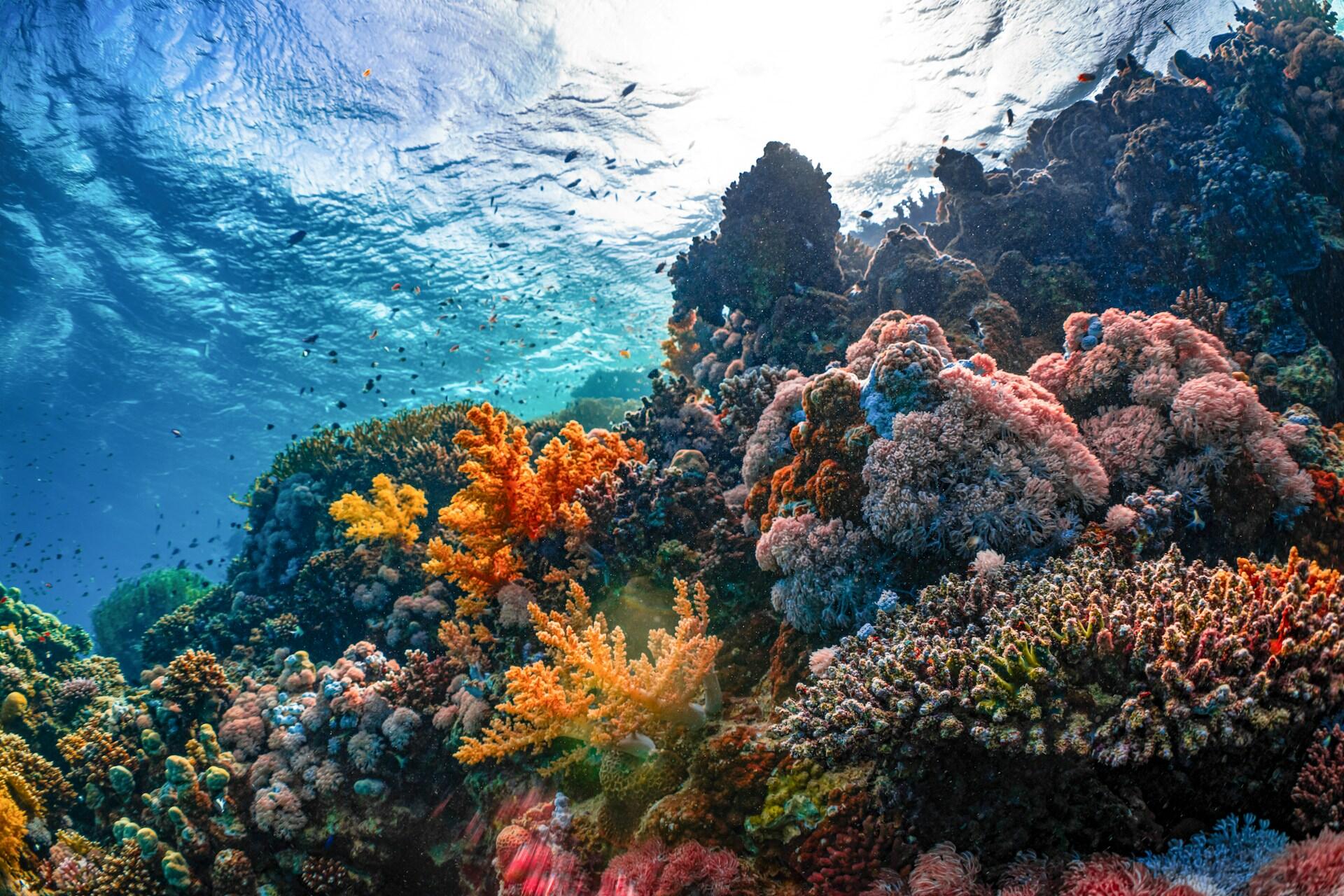













How do I help with my jcse on marine biology thank you
Hello Harrison! If you would like to know more about marine biology, head over to superprof.com and type in your location and marine biology in the subject section to find a list of tutors suitable to your goals!
My grandson is studying chemistry, biology, geography at A level.in 2025.
He is highly intelligent, very active, being involved with deep diving courses, sailing& music.
Also, always interested in marine biology
He is a concerned about his chances to study, because he has mild dyspraxia , which affects his inability to write.
His confidence is a little low.
Is a career in marine biology , a possible choice.
Hello Monica, thank you for your comment! If you would like to know more about marine biology and if it is suitable for your grandson, head over to superprof.com and type in your location and marine biology in the subject section to find a list of tutors suitable to answer your questions.